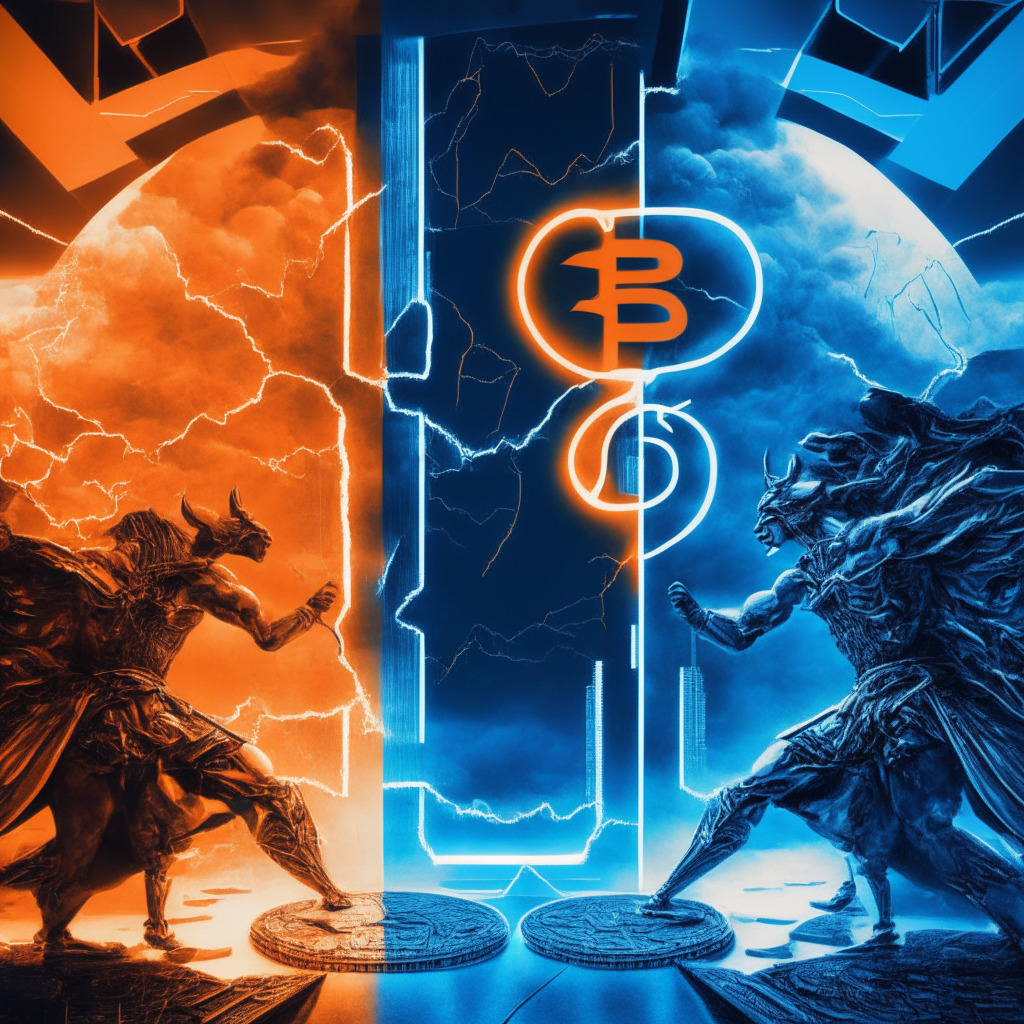As the topic of digital currencies continues to heat up, it’s worth diving into the recent American response to the concept. Notably, the United States House Financial Services Committee is currently considering further restrictions on the potential introduction of a central bank digital currency (CBDC). However, the source of this resistance is brewing an interesting conversation. The major political opposition consists of figures such as Robert F. Kennedy Jr. and Florida governor Ron DeSantis. DeSantis calls the CBDC a threat to consumer power over money while Kennedy sees it as a potential tool for governmental control.
The potential introduction of a CBDC would theoretically simplify banking processes, cutting transfer times and fees. However, the notion of a centralized entity overseeing a digital currency poses numerous issues. Critics argue that everything would then rely on a single point of failure. Furthermore, a portion of these critics argue that complete control by a central institution seems to contradict the foundational philosophy behind cryptocurrency itself.
The idea of a digital dollar does imply benefits such as transaction speed and anonymity at par with cash coupled with the power of a cryptocurrency. Nevertheless, the risk of relinquishing control to a centralized body, the potential invasion of privacy and in retrospect, the control over transactions shared with private institutions adds to the potential fear of this transition.
The possibility of a CBDC in the US landscape seems bleak at the moment. President Joseph Biden had given a nod to research and development into the potential of a United States CBDC earlier this year, but progress has dulled. According to Darrell Duffie, a professor at Stanford’s Graduate School of Business, the promise of a digital dollar seems to be standing still for the foreseeable future. Despite substantial progress in Project Hamilton by the Federal Reserve, aiming to test the viability of a CBDC, the project has encountered numerous roadblocks and dissenting voices.
The concept of privacy stands as one of the towering obstacles to a digital dollar. The argument propounds that a digital dollar should retain the benefits and anonymity of a physical dollar.
As for the U.S. banking system, it continues to rely on traditional methods, with check payments still prevalent. Nudging an entire nation away from this system appears quite challenging. Regardless, the world is witnessing a steady migration towards a cashless society, and the U.S. isn’t an exception. The matters surrounding a potential U.S. CBDC remain uncertain, leaving its future hanging in limbo.
Source: Cointelegraph




